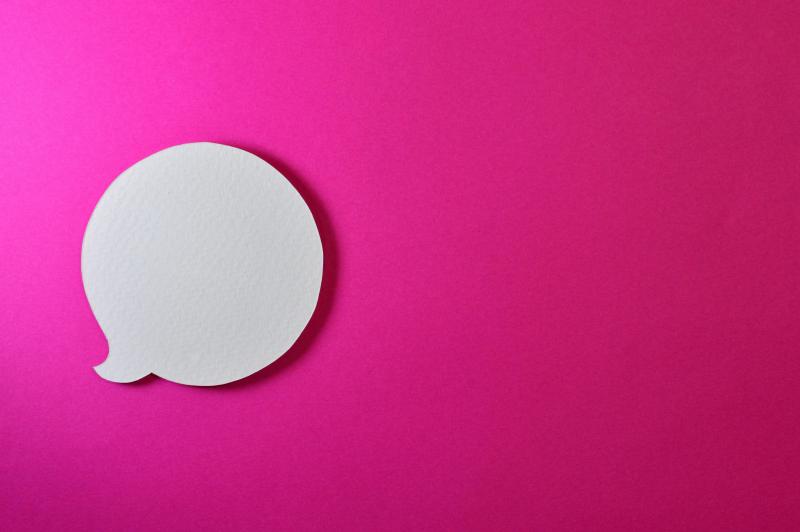Rif
- The reason the משנה using the wording לאור י״ד instead of ליל י״ד is to teach us to use positive phrasing. לישנא מעליא נקט
- Rabbi Yehoshua ben Levi said: One should never express a crude matter… לעולם אל יוציא אדם דבר מגונה מפיו
- Rabbi Yishmael said: A person should always speak euphemistically… לעולם יספר אדם בלשון נקיה
- Two students were sitting in front of Rebbe - one asked “why is it that we harvest a vineyard in a state of purity but we harvest olives in a state of impurity?” the other asked “why is that we harvest a vineyard in a state of purity, but we don’t harvest olives in a state of purity?”. Rebbe said: “I am certain on this one will issue halachic rulings in Israel.”
Ran
- The ראב״ד says that the משנה wouldn’t have used the unclear phrasing of לאור י״ד solely for the reason of לישנא מעליא נקט. It also uses the the word לאור י״ד to demonstrate that one must start בדיקת חמץ immediately, at the beginning of the night, when there is still some light out.
- One only needs to speak euphemistically when it does not take longer to express whatever you’re trying to express. Otherwise, one should speak with brevity.
- In the story of the 2 students - even though “harvest olives in a state of impurity” is shorter than “don’t harvest olives in a state of purity” - Rebbe still praised the longer version because it is more precise, since the point is that we are not careful to do it in a state of purity. There is no requirement to do it in a state of impurity. In תוספות they wrote that it is possible that Rebbe was praising the one who spoke with brevity.
- The reason why were are not careful to harvest olives in a state of purity is because we don’t consider the liquid that comes out of olives to be a משקה that makes the olives susceptible to impurity - since it is not really oil and he doesn’t want it to come out until he puts the olives in an olive press. Whereas with grapes, the liquid that comes out is consider wine immediately and thus makes the grapes susceptible to impurity.
Notes:
What comes out of the ר״ן is the following:
- If the clean (euphemistic) phrasing is just as long as the non-euphemistic phrasing one should use the clean phrasing
- If the euphemistic phrasing would take longer, one should choose the phrasing with more brevity.
- This is only provided that the the non-euphemistic phrasing is equally precise, but if a phrasing is more precise and cleaner - one should choose it, even if non-euphemistic saying is shorter. It is clear we are willing to sacrifice some precision to speak with clean language.
